This website uses cookies so that we can provide you with the best user experience possible. Cookie information is stored in your browser and performs functions such as recognising you when you return to our website and helping our team to understand which sections of the website you find most interesting and useful.
2024 ISB Virtual Microbiome Series
at the Institute for Systems Biology
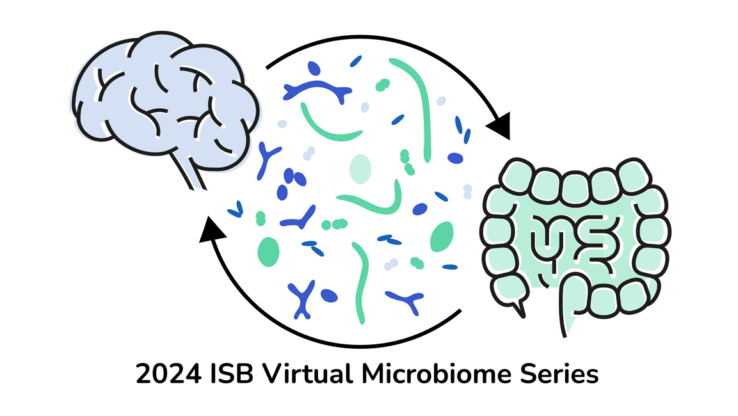
2024 ISB Virtual Microbiome Series
Our multi-day microbiome-themed virtual course and symposium is back for the fifth year! ISB is hosting a two-day course on October 16 & 17, 2024, followed by a symposium on October 18, 2024 titled, “A gut feeling: Microbes and their impacts on our minds.” Both events are virtual and free.
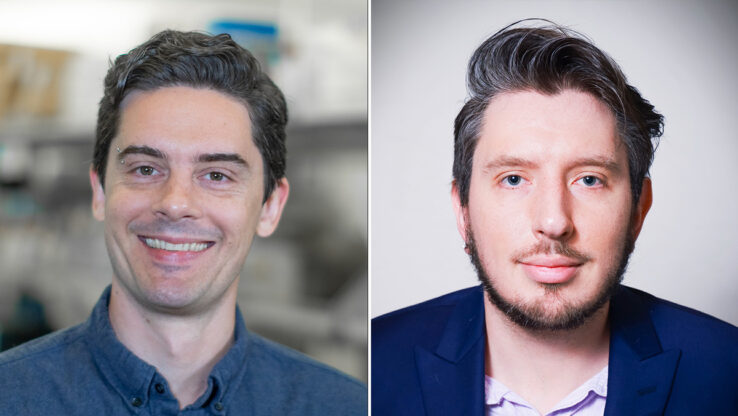
Timing is Everything: ISB Study Finds Link Between Bowel Movement Frequency and Overall Health
Everybody poops, but not every day. An ISB-led research team examined the clinical, lifestyle, and multi-omic data of more than 1,400 healthy adults. How often people poop, they found, can have a large influence on one’s physiology and health.
Hack Your Health: An Evening with Anjali Nayar and Dr. Sean Gibbons
Netflix’s “Hack Your Health: The Secrets of Your Gut” is a documentary that merged gut microbiome experts, four individuals – including a well-known hot dog eating champion – facing personal battles with gastrointestinal health, and a unique, effective visual method of “showing” the gut microbiome in action.
A New Path Toward Microbiome-Informed Precision Nutrition
ISB researchers have developed a novel way to simulate personalized, microbiome-mediated responses to diet. They use a microbial community-scale metabolic modeling (MCMM) approach to predict individual-specific short-chain fatty acid production rates in response to different dietary, prebiotic, and probiotic inputs.
Making Nutrition and Healthcare Personalized, Predictive, and Preventive
Dr. Sean Gibbons is creating a new precision nutrition platform called My Digital Gut that leverages the gut microbiome to make nutrition and healthcare personalized, predictive, and preventive. In an ISB Research Roundtable presentation, Gibbons spoke about My Digital Gut and other microbiome-related projects studied in his lab.
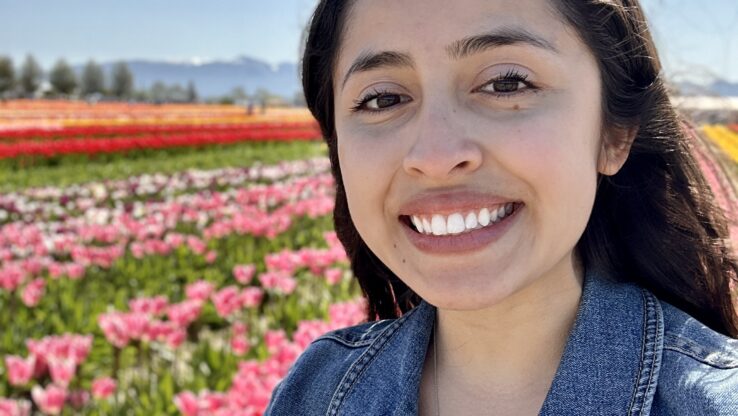
Crystal Perez joins the lab
Crystal Perez, an MD/PhD student at the University of Washington (UW) in the Molecular Engineering Program, recently joined the lab. Crystal graduated from Stanford University with a B.S. and M.S. in Biology. During her time at Stanford, she worked in David Relman’s laboratory on a project investigating arsenic’s impact on the human gut microbiome of individuals chronically exposed through groundwater. She also completed an internship in E. Peter Greenberg’s lab…
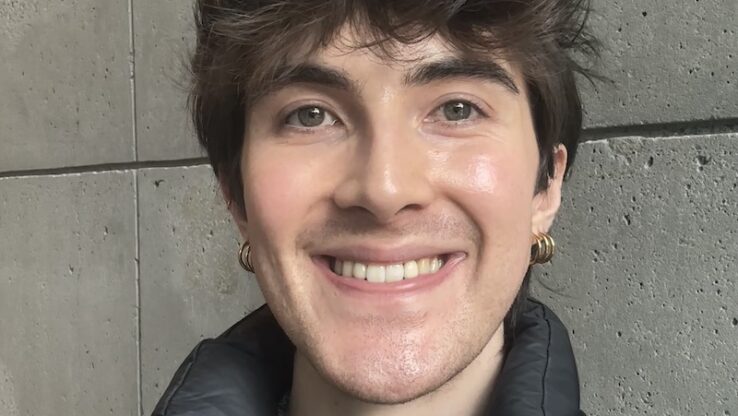
Jacob Cavon Joins the Lab
Jacob Cavon, PhD student in the Molecular Engineering and Sciences program at the University of Washington, recently jointed the lab. Jacob graduated from Montana State University, Bozeman with a BS in Cell Biology and Neuroscience. During his undergraduate career and post-graduation he characterized the function of an S. pyogenes virulence factor protein and contributed to a strep throat infection mouse model in Dr. Ben Lei’s lab. Before starting graduate school,…

2023 Year in Review
Throughout 2023, ISB research has been published in impactful peer-reviewed journals and our scientists have been featured in major media outlets and popular podcasts. In this 2023 Year in Review, we showcase some of our most important and interesting highlights of the year.
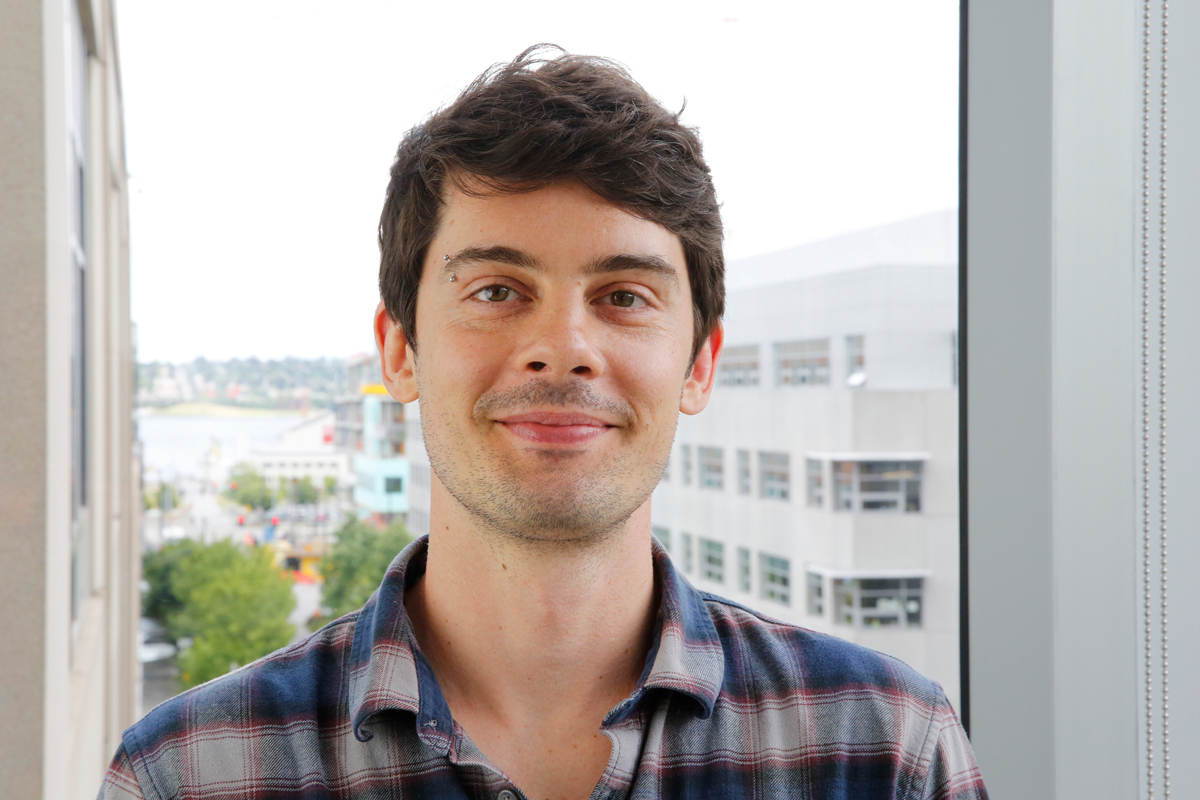
‘1 in 1,000:’ Dr. Sean Gibbons Named Highly Cited Researcher for 2023
ISB Associate Professor Dr. Sean Gibbons was named a Highly Cited Researcher for 2023. It is the second consecutive year Gibbons has earned the distinction. The Highly Cited Research list is generated annually by Clarivate, which says: “Of the world’s population of scientists and social scientists, Highly Cited Researchers are 1 in 1,000.”

Lab awarded a Global Grant for Gut Health to study healthy aging
Revealing the unique signatures of healthy guts as we age The Gibbons lab at the Institute for Systems Biology in Seattle, US, and collaborators will use their Global Grant for Gut Health to explore the unique gut microbial compositional signatures, gut microbial functional gene signatures, and associated blood metabolites in healthy elderly people.
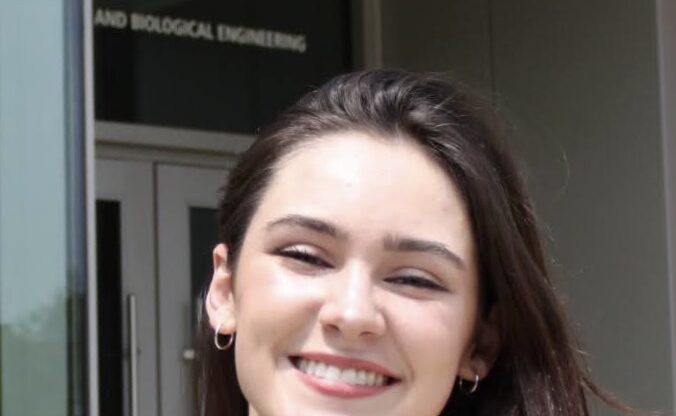
Alyssa Easton Joins the Lab
Alyssa Easton recently joined the lab as a PhD student from the Molecular Engineering Program at the University of Washington. Alyssa is originally from Indiana, where she completed her BS in biological engineering at Purdue University. During her time at Purdue, Alyssa worked on gene dysregulation in aging photoreceptors with Dr. Hana Hall. She also interned at the SIBYLS Beamline at Lawrence Berkeley National Laboratory to validate AI-predicted protein structures…

Dr. Sean Gibbons Promoted to Associate Professor
Dr. Sean Gibbons – an expert in microbial ecology and evolution, computational systems biology, the human gut microbiome and its impacts on health, and head of ISB’s Gibbons Lab – has been promoted to Associate Professor. “Sean’s achievements since joining ISB in 2018 as a Washington Research Foundation Distinguished Investigator have been spectacular,” ISB President Dr. Jim Heath said. “With his focus on the microbiome, he brought a whole new…

ISB and Seattle Science Foundation Partner to Create Video Series
What are multi-omics? Why does our microbiome matter? What’s the difference between genetics and genomics? What is a digital twin? ISB and Seattle Science Foundation have partnered to create videos answering questions like these and more, showcasing ISB scientists and their work.
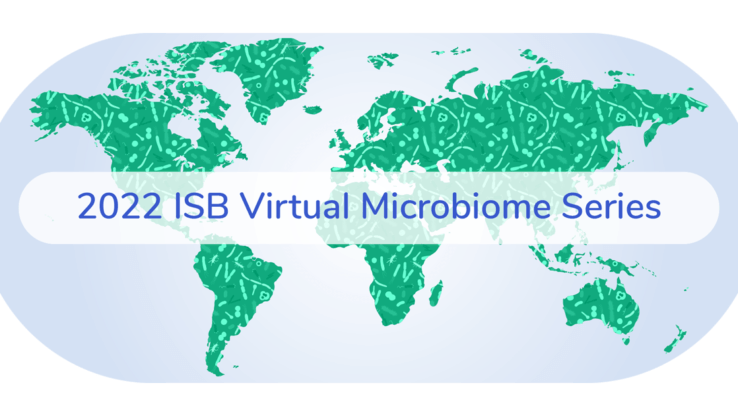
2022 ISB Virtual Microbiome Series Announced
Our multi-day microbiome-themed virtual course and symposium is back for the third year! ISB is hosting a two-day course on October 12 & 13, 2022, followed by a symposium on October 14, 2022 on global perspectives in microbiome research. Both events are virtual and free. The intended audience for these events are graduate students, postdocs, principal investigators, industry scientists, educators, clinicians, or any other variety of microbiome-curious people from across the globe.
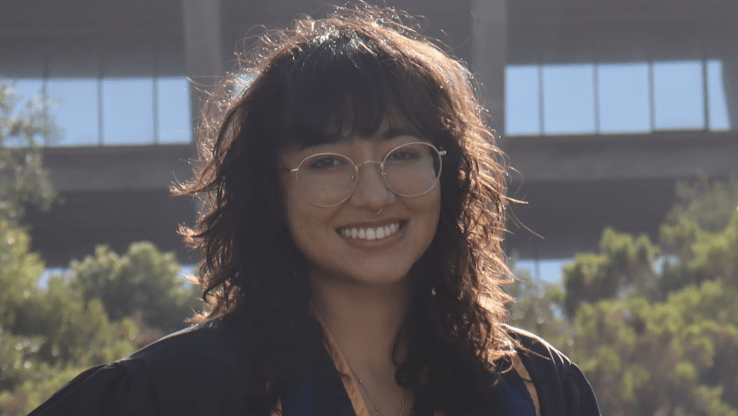
Kat Ramos Sarmiento Joins the Lab
Kat Ramos Sarmiento joins the lab as a Research Associate. Kat recently graduated with a B.S. in Microbiology from UCSD. She began her laboratory career as a laboratory assistant at Garage Brew Co., where she managed yeast strains, tracked fermentation, and monitored checkpoints in the brewing process. Later, during her time at UCSD, she was a Research Assistant in the Dutton Lab, where she studied the microbial communities that reside…



